– -Lids

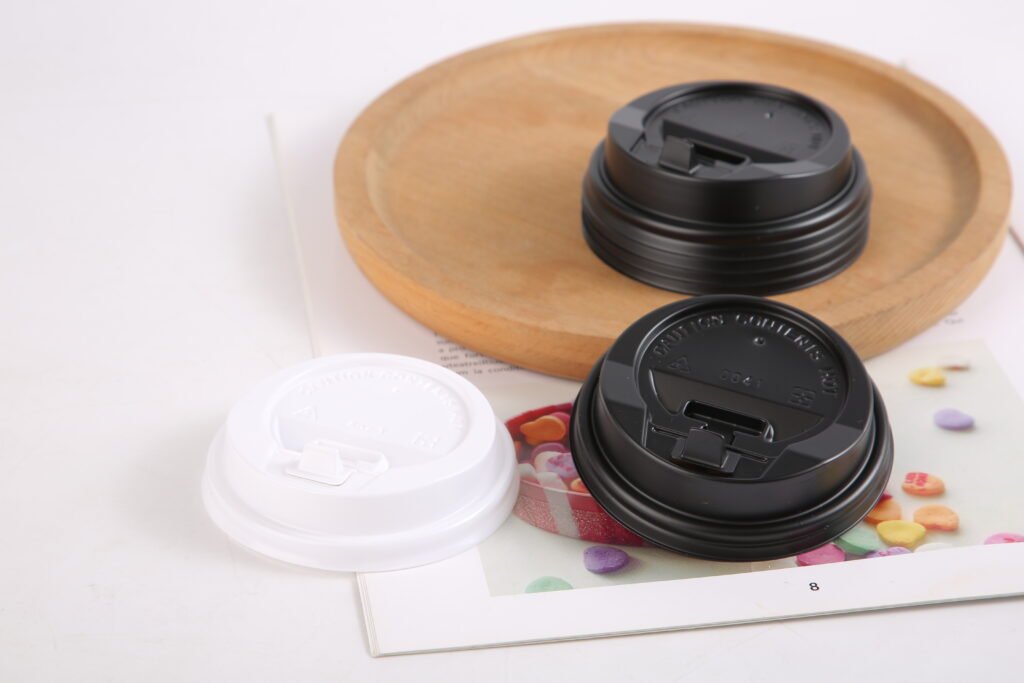
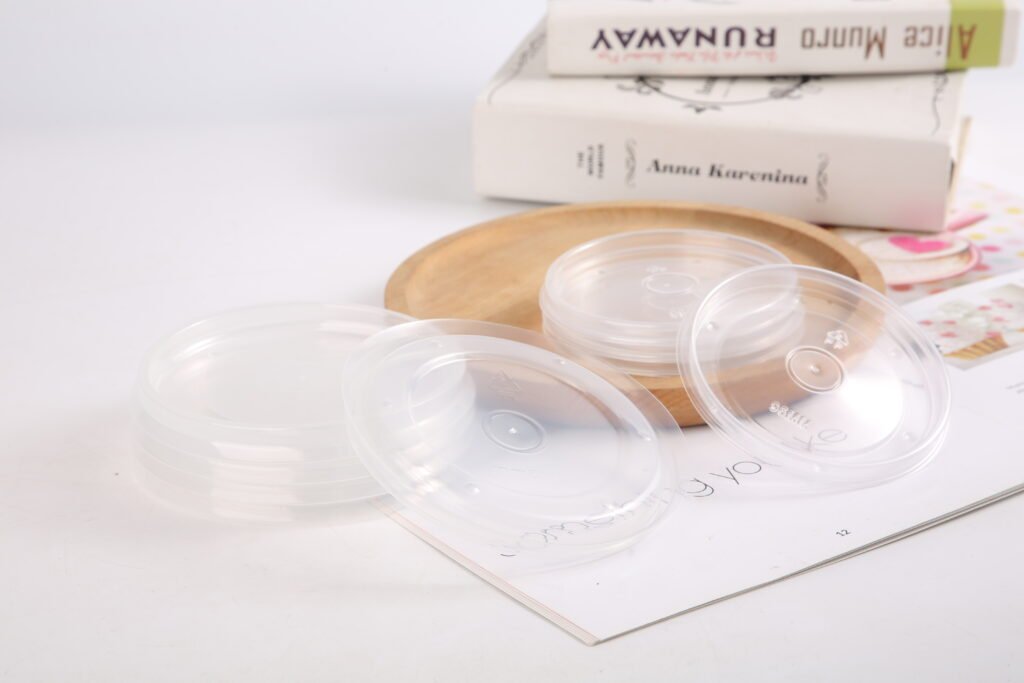
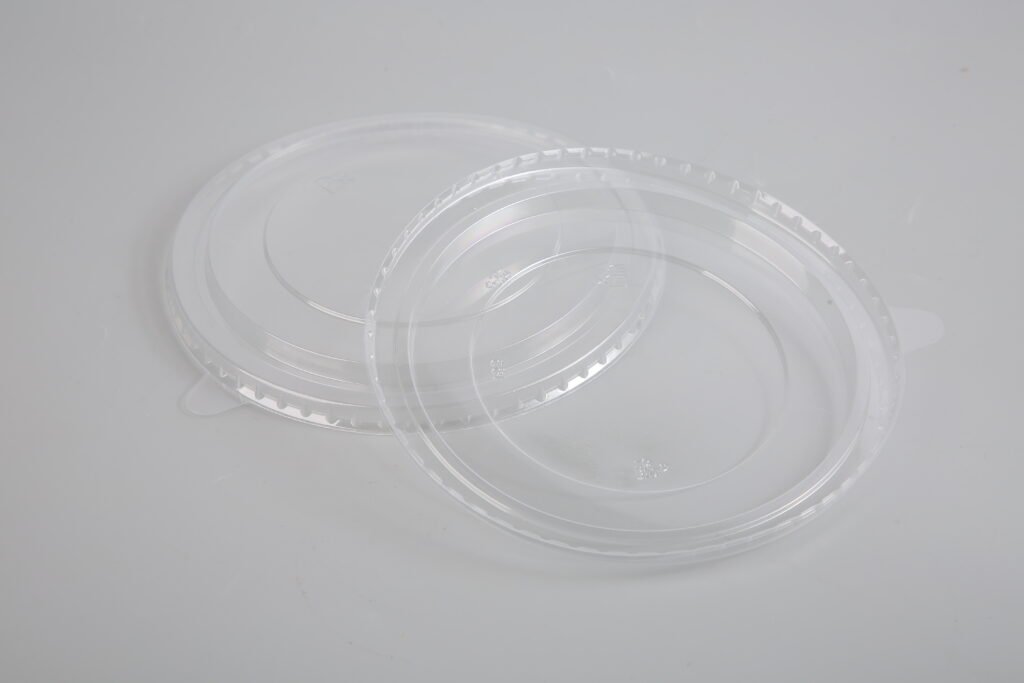
- For cold/hot drinks
- Made from virgin wood pulp
- Do not use in microwave
- No PFAS added
- Single use
- Multi-specification
We need to think about avoiding problems, not solving them.
Simon Zhou – CEO
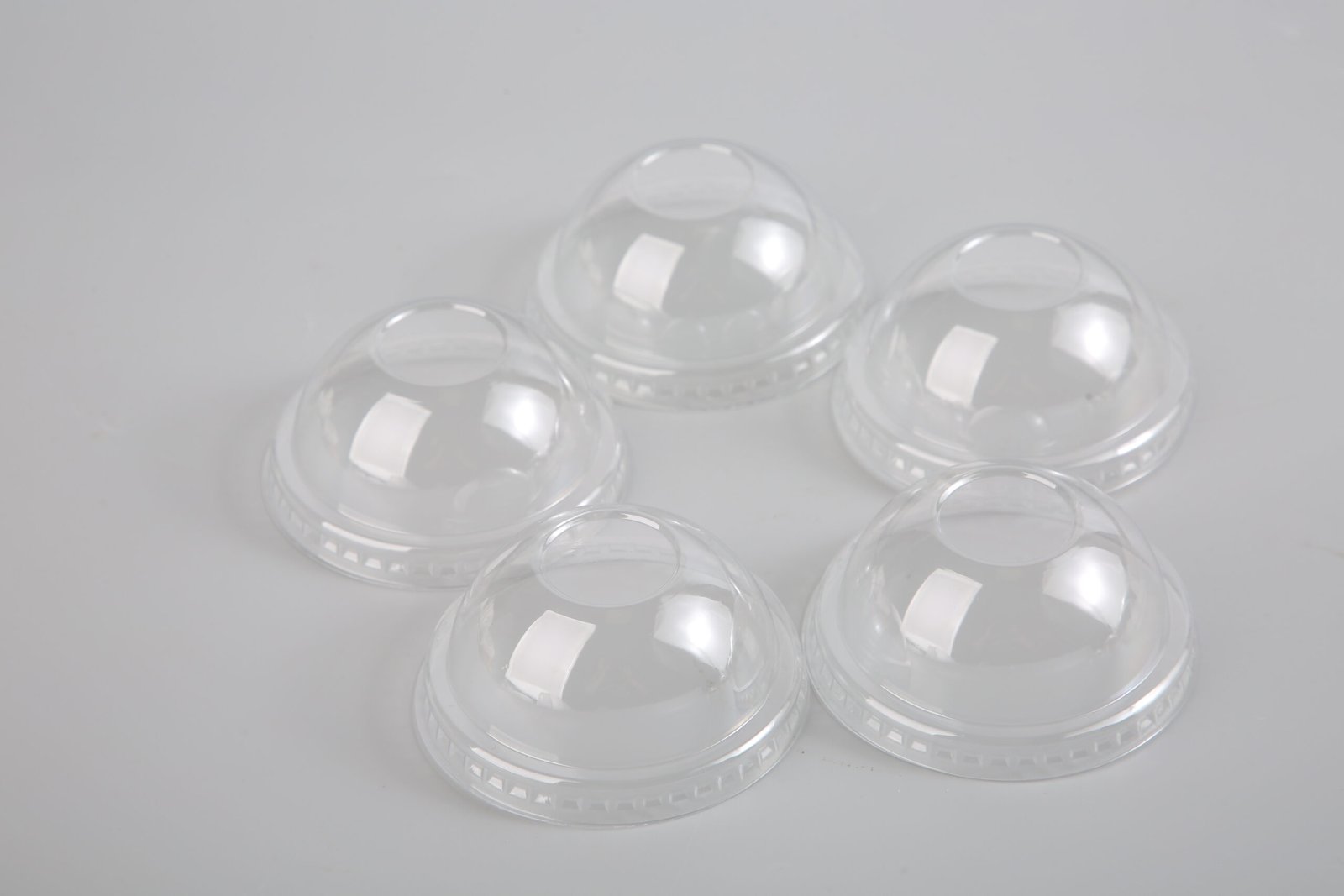
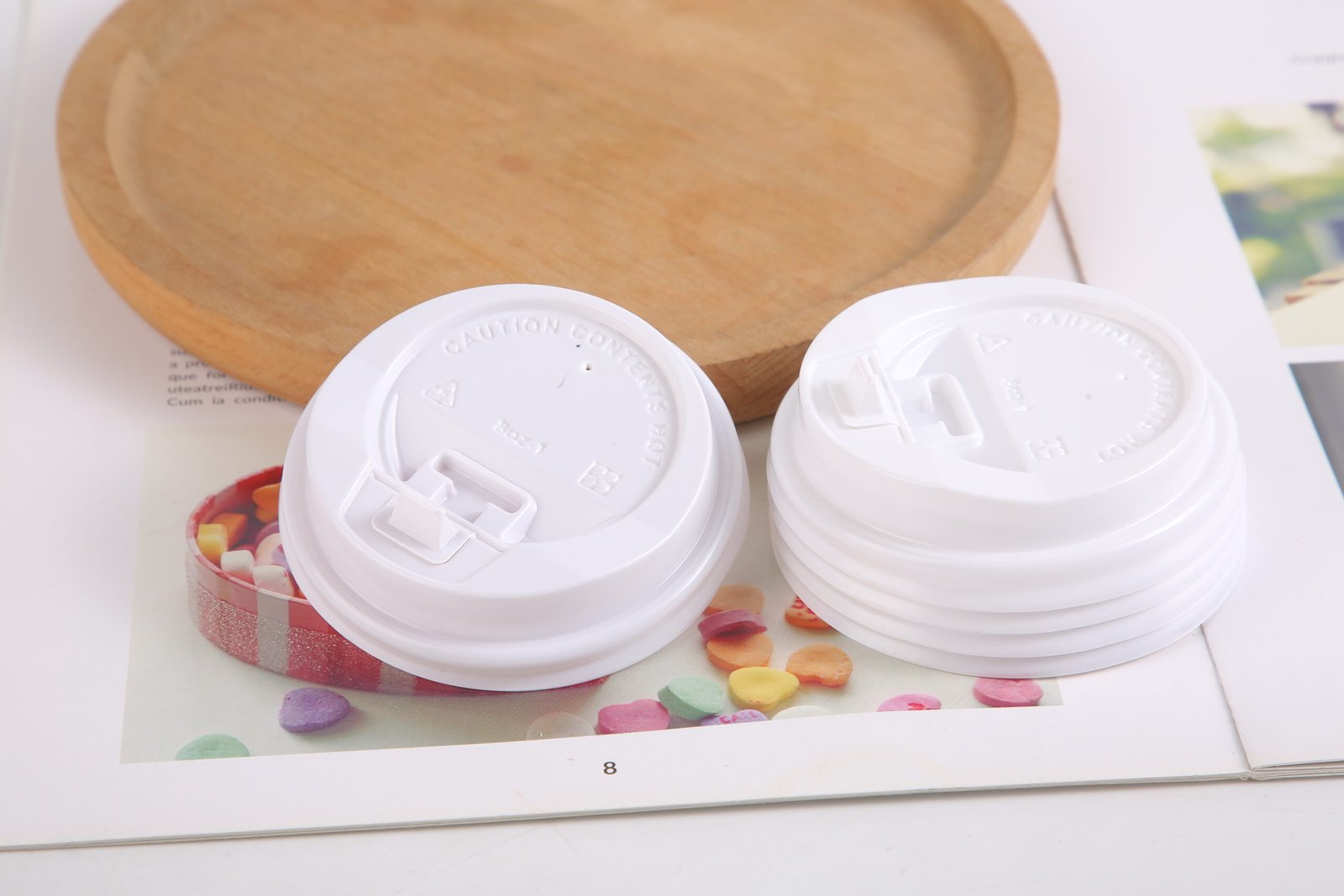
Paper lids
Advantages:
- Eco-Friendly: Biodegradable and compostable, reducing environmental impact.
- Heat Insulation: Provides good insulation for hot beverages, protecting hands from heat.
- Renewable Resource: Made from sustainable materials.
Disadvantages:
- Durability: Less durable compared to plastic lids, can become soggy with prolonged exposure to liquids.
- Fit: May not provide as tight a seal as plastic lids, increasing the risk of leaks.
VOLUMES:
96mm | 115mm
PS (Polystyrene) Cup Lids
Advantages:
- Durability: Strong and resistant to cracking.
- Clarity: Transparent versions provide good visibility of the beverage.
- Secure Fit: Provides a tight seal, reducing the risk of spills.
Disadvantages:
- Environmental Impact: Not biodegradable and challenging to recycle.
- Brittleness: Can become brittle and break in very cold conditions.
VOLUMES:
63mm | 80mm | 90mm
PP (Polypropylene) Cup Lids
Advantages:
- Heat Resistance: Can withstand higher temperatures, making them suitable for hot beverages.
- Flexibility: More flexible than PS, reducing the risk of cracking.
- Recyclability: Easier to recycle compared to PS.
Disadvantages:
- Clarity: Typically opaque or translucent, which may not be ideal for showcasing beverages.
- Cost: Slightly higher cost compared to PS lids.
VOLUMES:
96mm | 115mm | 165mm
PET (Polyethylene Terephthalate) Cup Lids
Advantages:
- Clarity: Excellent transparency, enhancing the presentation of beverages.
- Strength: Strong and durable, suitable for cold beverages.
- Recyclability: Widely recyclable and has a lower environmental impact compared to PS.
Disadvantages:
- Heat Sensitivity: Not suitable for hot beverages, as it can deform at high temperatures.
- Cost: Generally more expensive than PS and PP lids.
VOLUMES:
Dome:70mm | 73mm | 86mm | 95mm | 100mm | 111mm | 127mm
Flat:150mm | 165mm | 185mm
